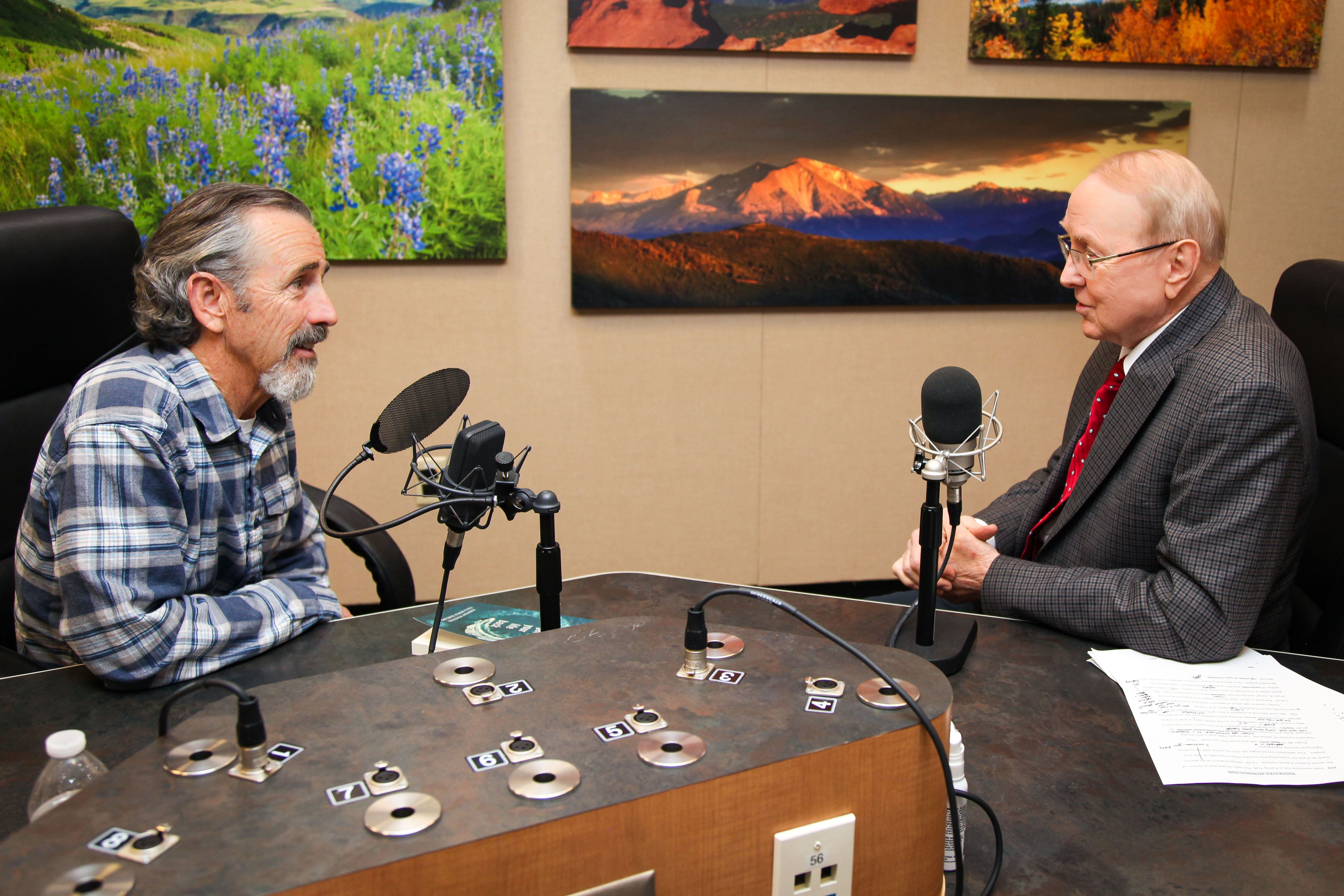I was chatting with a friend last week who pastors a large church in my town. We were simply trying to schedule a phone call together, and after looking at our calendars, realized it couldn't happen for a month. A simple phone call. This is the pace of life we've all come to accept as "normal."
Everyone is running so hard. Add to this the complexity of the world and all we need to navigate; the constantly changing landscape of what is "correct"; the tsunami of media we receive every day. The dogpile effect of it all leaves most of us buried under so much; harried, haggard.
Compare how you feel at the end of your average week with Jesus' description that a life yoked to Him is "easy and light" (Matthew 11:30). Or as The Message has it, we can live "freely and lightly."
Would you describe your life as easy, free, or light? The question is unfair; I know I can't say "yes" most days. I think if God were to set the pace of our lives, He would be much more gracious.
Re-reading the Gospels recently, I began to notice all of the "in-between times," when Jesus and His followers were walking from one town to another. When the record states, "The next day Jesus decided to leave for Galilee," (John 1:43) we project our own pace upon it, not realizing it took the boys three days by foot to get there. Three days just strolling along, talking, sharing the silent beauty; pauses for lunch and a drink from a well; the campfires in the evening.
Christ does not move immediately from one dramatic story to another; there was "down time" to transition. Time to catch their breaths before the next encounter.
That was the pace Jesus felt was reasonable for people engaged in important things and wanting a life with God. The core meaning of the Hebrew word shabbat (sabbath) is to "stop," to "cease." We rarely stop anymore, even for a moment. If we have some down time, we are immediately on our phones. It doesn't allow the soul to recover, renew, connect with God.
The good news is, we can make changes. We really can. We can choose to stop during our day. We can unplug. We can allow for meaningful pauses as transitions between one thing and another.
Jesus began bringing me back to sanity by incorporating a One Minute Pause* in my day. The simple practice of learning to pause for 60 seconds. Simply pause. This isn't for reflection, or making lists, not even for prayer, per say. It's just learning to pause, and not ask our souls to do anything or be productive.
We practice shabbat in a very simple way. (And can I point out—what sort of madness have we been conditioned to when a simple 60-second pause feels odd, even intrusive?!) But we had to start somewhere. A pause is accessible, it's sustainable, and the cumulative effect is wonderful.
This has become so helpful that every day in our offices, monastery "bells" ring out at 10am and 2pm, and the whole staff pauses whatever they are doing. To reset. To be present with God. "Be still," we are invited, "and know that I am God" (Ps 46:10).
Another practice Christ began to teach me is the grace of "Benevolent Detachment." Dear friends, we carry far too much on our shoulders; we take on the troubles of the world and never set them down. But 1 Peter 5:7 says, "Give all your worries and cares to God, for he cares about you" (NLT). That's all your worries and cares. Every one of them.
Caring Christians are suffering from compassion fatigue because we are exposed to the sorrow and unrighteousness of every cause and community around the globe, on a daily basis. Delivered hourly on our mobile devices.
We have to learn to let it go, to give it all over to Jesus. Every day. Maybe several times a day. Let God be God. Only then will we discover what Jesus meant by the easy, free, light yoke.
Dr. Dobson interviews John Eldredge on the daily broadcast.
People living in the 21st century have become so entrenched in this fast-paced society, they don't know how to relax or unplug. On this broadcast, best-selling author, John Eldredge, joins Dr. Dobson in the Family Talk studios to tackle this pressing issue.
On this edition, Dr. Dobson continues his captivating interview with best-selling author, John Eldredge. He explains the dangers of a distracted, technology-addicted life, then suggests easy practices to re-focus our minds.
Learn More about the Writer
John Eldredge is a best-selling author, speaker, lecturer and counselor. He earned a B.A. in Theater from California Polytechnic State University and then received his Master’s Degree in Counseling from Colorado Christian University. John directed a theater company in Los Angeles for many years and now serves as the president of Ransomed Heart ministries. He served at Focus on the Family for 12 years and was on staff at Sierra Madre Congregational Church for several years. Some of his best-selling books include: Wild at Heart and Captivating. John and his wife, Stasi, have 3 sons and reside in Colorado Springs.
* One Minute Pause (app)













